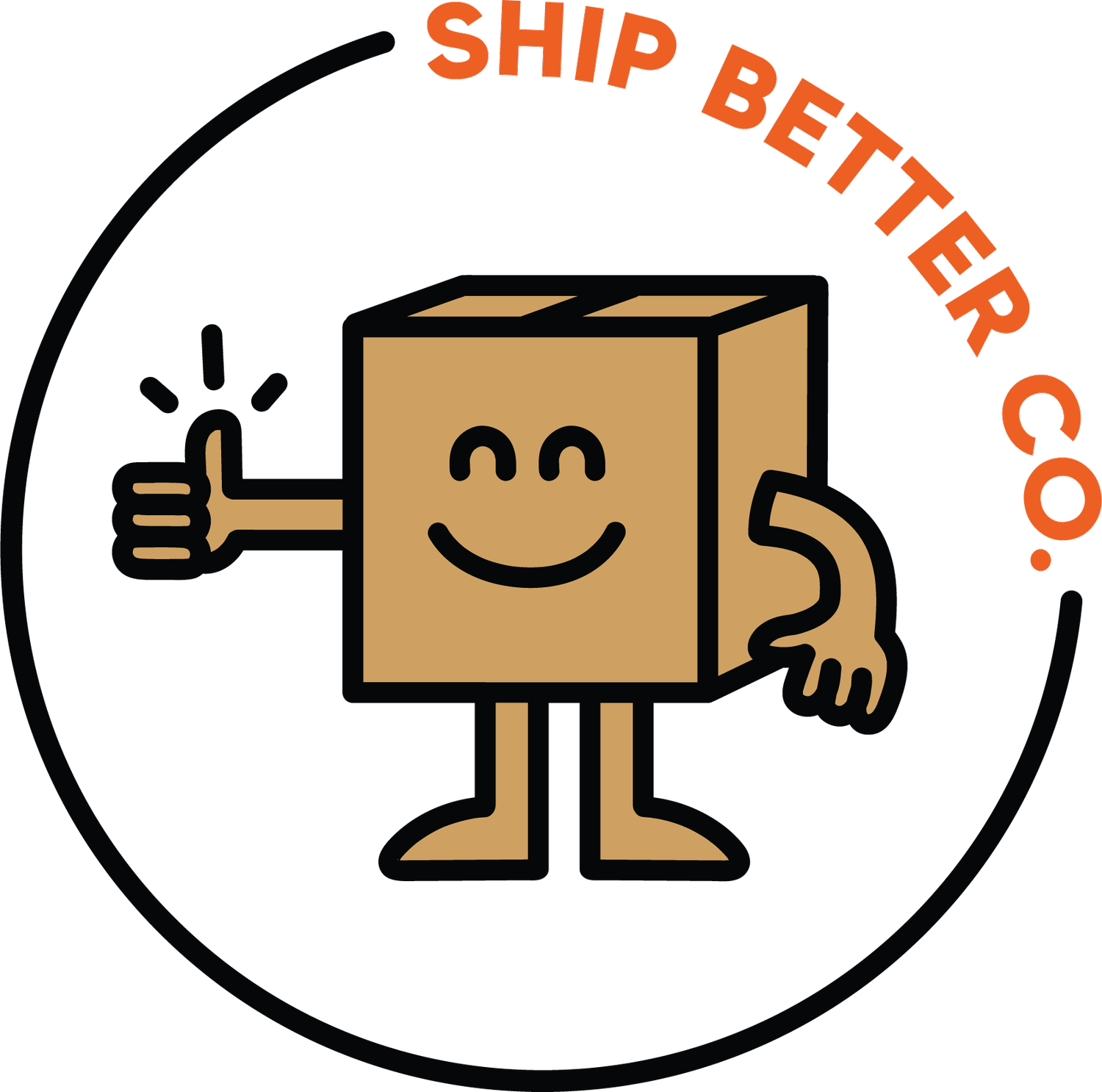The 411 on B2B: 5 things you need to know about B2B Order Fulfillment
What’s the difference between B2B and B2C?
What is EDI compliance?
What else don’t I know about B2B fulfillment?
I know these questions are keeping you up at night… but sleep easy, my friend, we’re here to clear it all up for you.
The difference between B2B & B2C
B2B, or business-to-business, are transactions between one business and another where products are shipped directly to another company or retailer.
B2B orders are generally large and requested in bulk so that the receiving business will have enough inventory to sell from. These orders are often recurring and can cost the receiver thousands or even millions of dollars, putting a lot more pressure and accountability on the fulfillment center.
B2C (or D2C), on the other hand, stands for business-to-consumer or direct-to-consumer and is the process of selling products directly to online customers. These orders typically contain anywhere from 1 to just a handful of items.
2. B2B requires special tools and machinery
With larger shipments, higher costs, and associated risks, B2B orders require special handling equipment to ensure the safe and in-tact delivery of these palletized products.
3. You’ll need an account manager
Another thing to consider for B2B sales is that an account manager or sales coordinator usually helps facilitate the exchange of goods. In other words, there is more service and support around B2B order fulfillment.
In contrast, B2C orders are usually placed by the end consumer through an eCommerce platform, requiring little or no sales assistance.
Don’t worry though, if you need B2B services, your fulfillment center will assign an account manager to you.
4. It could be considered a “special service”... which will cost you extra
Keep in mind that business owners often require “special services” for B2B orders such as custom labels, signature-required upon delivery, insurance, packing slips, and more. You can expect a fee associated with each of these special services.
5. You’ll need to make sure you’re EDI compliant- Electronic Data Interchange
In order to sell and ship goods to another business, you must first make sure you are meeting any EDI requirements your trading partner has in place.
EDI requirements usually involve the exchange of documents, following the proper formatting, and are often required by large corporations like Walmart or Nordstrom.
So, EDI compliance simply means that you're meeting the minimum standards of whatever your trading partner is requiring of you.
This helps ensure that the business buying your service or goods doesn’t have to put in any extra effort to buy from you. Not all businesses have EDI requirements. But if they do, and you aren’t compliant, you will certainly get a bill for it.
Now let's talk about the cost.
The pricing structure for picking and packing is pretty much the same for B2B and B2C. There is a certain charge associated with the first item picked, and for any additional items in that order, there is a smaller fee applied.
For example, a B2C order usually runs around $3.13 for the first item picked and about 20¢ for any additional items.
The average B2B order fulfillment with the exact same contents will cost you about $4.33 for the first item picked and 20¢ for any items after that.
Now keep in mind that every business does things a little differently. What might be considered a “case” of products (think… a case of 12 glass jars) could be considered 1 item for B2B fulfillment. It just depends on the fulfillment center and their pricing model.
Because of all the due diligence involved with business-to-business shipments, it can be expected to cost more and have longer delivery lead times than business-to-consumer orders.
Luckily, AVL Fulfill has got your B2B orders covered. Our prices are highly competitive. We put almost all of our emphasis on providing outstanding customer service and making sure your items are being shipped safely, accurately, and on time.
We have an easy to use software that ensures you are EDI compliant and that you’re providing a product and service that is above and beyond what your customers are expecting.
To get the best possible B2B shipping rates, check out
Don’t feel like talking to a person? Totally get that!
Fill out this 90-second intake form to get you started with an estimate for B2C orders.







